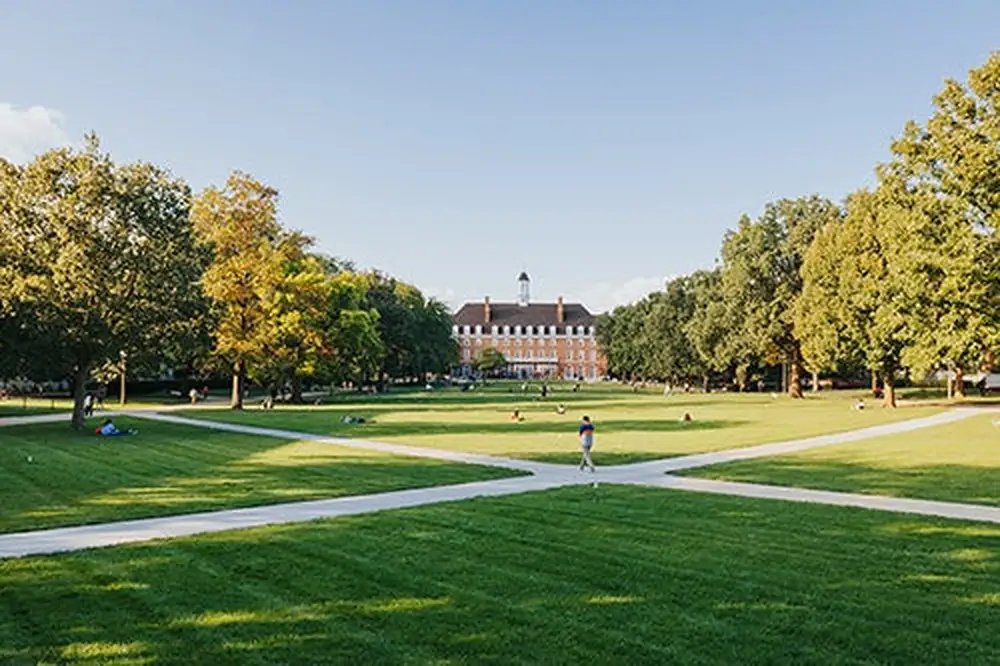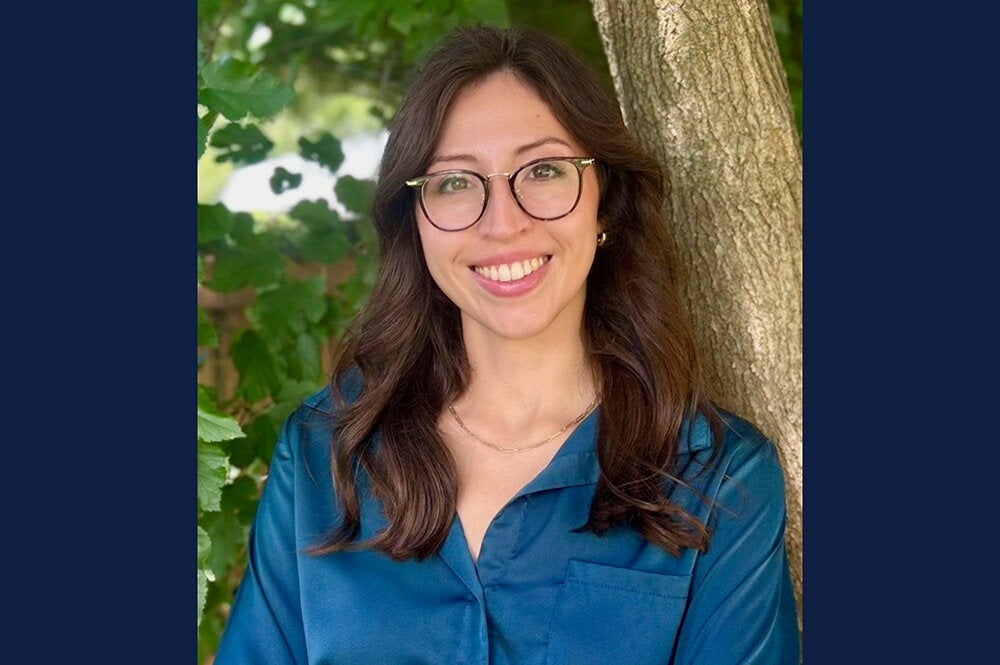

Three programs within the College of LAS have received funding this year from the Chancellor’s Research Program. They include programs ranging from Indigenous language development to assistance for transfer students and studying the response to lethal police action.
The Chancellor’s Research Program started in July 2020 amid the COVID-19 pandemic. As part of the program, the chancellor commits $2 million in support of research efforts that look for solutions by advancing understanding of systemic bias and structural disparities, which are cited as “some of the greatest challenges facing our society.”
The program is supported by the Office of the Vice Chancellor for Diversity, Equity & Inclusion. The funded projects within the College of LAS are as follows.
Data sovereignty, collaborative methods and ethical groundings in/for language work: Building capacity through the Native American and Indigenous Languages Lab
Project leaders: Korinta Maldonado, Nathalie Martinez, Department of Anthropology; Juana Juan-Pedro, Pixan Konob’ Maya Q’anjob’al, Language Justice Collective; Akua Forkuo-Sekyere, New American Welcome Center; Brian Acosta.
The data sovereignty program is working within the American Indian Studies Program to develop the Native American and Indigenous Languages Lab (NAIL). The lab will be a space to support language reclamation projects and provide support and training for Indigenous language workers, students, and faculty “on best practices for community-based participatory research engaging with Indigenous languages,” according to the description.
"Centering in participatory community-based methodologies based on reciprocal, collaborative, and community-guided research practices will serve as a model for preparing future community-based scholars in university and other public-serving institutions. Through community-centered collaborations through curriculum guided credit-based upper level lab course, workshops, and a culminating symposium, the laboratory will be a space that builds reciprocal relationships across Indigenous language workers, students, and faculty members,” the description reads.
Enhancing research engagement and graduation success for transfer students: Parkland-Illinois Network for Equitable Experiences in Research (PIONEER)
Project Leaders: Chadly Stern, Carla Hunter, Billy Vermillion, Department of Psychology; Carin Vanderpool, microbiology, and Erika Cornelius Smith, College of LAS Office of Research; Sarah Grison and Chelsea Lloyd, Parkland College.
PIONEER is a program aimed at making the transition from Parkland Community College to the University of Illinois better for students. This program will use innovations in online learning and research to bridge undergraduate coursework with lab experience and includes sustained mentoring from faculty and peers to increase research access and a sense of belonging, according to the description.
“Infrastructure for transfer students is acutely needed,” the project description reads, “as many belong to groups historically excluded from research, including students from rural and under-resourced communities, as well as first-generation and low-income students. The PIONEER program will ensure underserved students successfully transition to Illinois and complete baccalaureate degrees on time.”
Chadly Stern, professor of psychology, said that funding from the Chancellor's Research Program will allow the PIONEER team to develop much-needed infrastructure and support for a cohort of Parkland students transferring to Illinois.
“The PIONEER program will leverage innovations in online learning and research to bridge undergraduate coursework with lab experience in the Psychology Department while also offering mentoring from faculty and peers to increase research access and a sense of belonging at Illinois. The award also helps to strengthen the Illinois-Parkland relationship, with the hope of expanding the program to other colleges in the future.”
After harm: Official responses to police use of lethal force
Project Leaders: Jennifer Robbennolt, College of Law; Jay Jennings and Ajay Singh, Cline Center for Advanced Social Research
Using SPOTLITE data, the program focuses on instances of law enforcement using lethal force against civilians. According to the data, there are more than 2,000 instances of lethal police force every year.
“Although concern about this has generated a host of research efforts that explore the antecedents of the use of lethal force, the role of interventions, and how the use of force is evaluated, neither social scientists nor legal scholars have focused on how law enforcement agencies and officials respond publicly when death or injury is caused by law enforcement use of lethal force,” the project description reads.
Focusing on Illinois, the project will use collected public statements from officials from 2019 through 2024 to “provide an overall picture of these responses and to explore how characteristics of the incident, the civilian, and the law enforcement agency influence the responses provided.”


